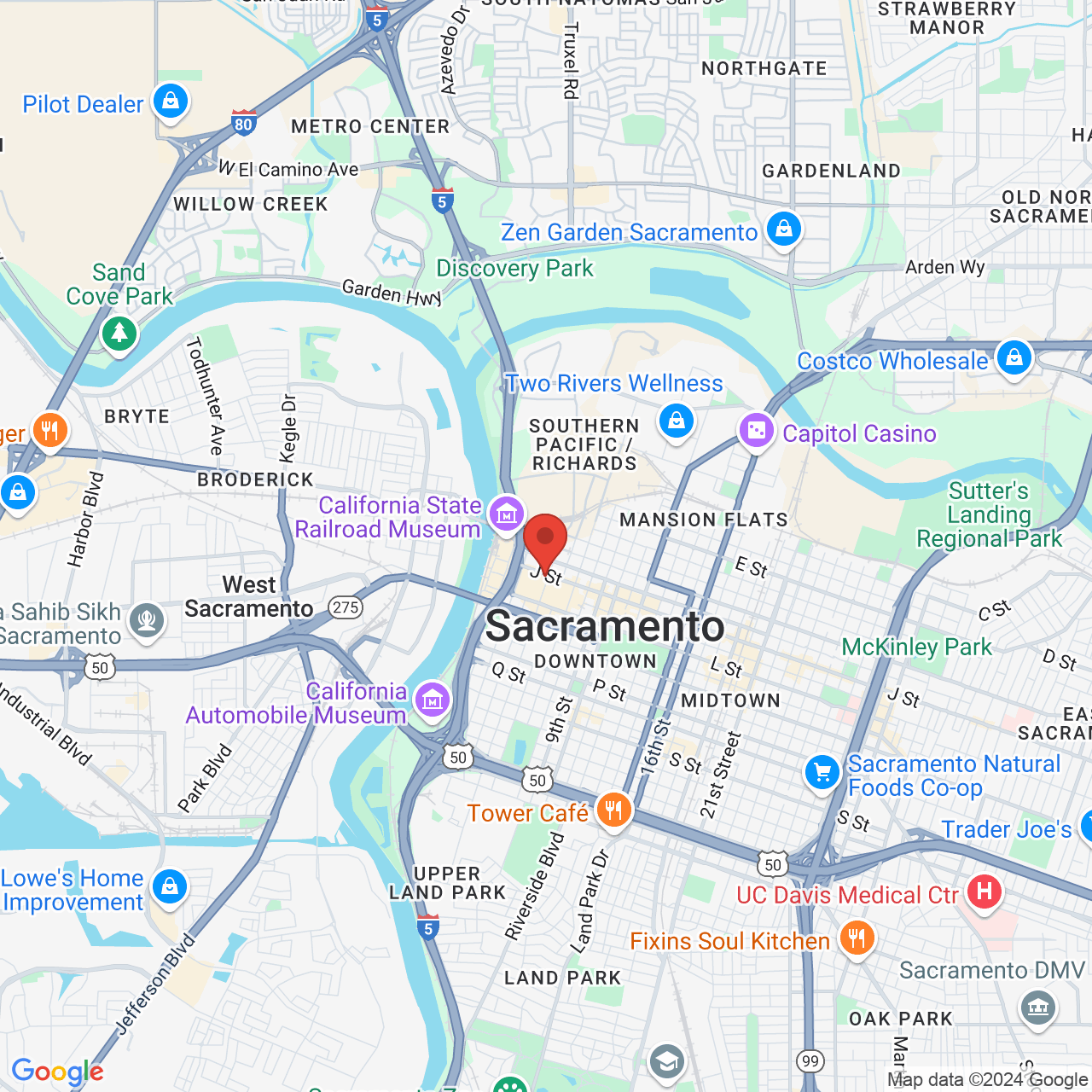The EEOC vs. the California DFEH
 Workers in the state of California are protected by state and federal employment laws that prohibit discrimination and harassment. These laws are enforced by the Equal Employment Opportunity Commission (EEOC) on the federal level and the Department of Fair Employment and Housing (DFEH) on the state level. Before filing a civil suit against an employer, an employee must file a claim with one of these agencies.
Workers in the state of California are protected by state and federal employment laws that prohibit discrimination and harassment. These laws are enforced by the Equal Employment Opportunity Commission (EEOC) on the federal level and the Department of Fair Employment and Housing (DFEH) on the state level. Before filing a civil suit against an employer, an employee must file a claim with one of these agencies.
While the EEOC and DFEH control essentially the same laws, there are some differences. Employment law attorney Gregory Thyberg reviews differences regarding the EEOC vs. the California DFEH and provides workers in the Sacramento, CA area with guidelines for which department an employment claim should be filed with.
What Laws Do the EEOC and DFEH Enforce?
The basis of the laws enforced by the EEOC and DFEH are very similar. Both prohibit employers from submitting their employees to harassment or discriminatory practices in the workplace. However, there are a few key differences between the laws enforced by each agency.
The DFEH enforces laws set out by the Fair Employment and Housing Act. These laws prohibit discrimination or harassment that is based on race, color, religion, sex, gender, gender identity, gender expression, sexual orientation, marital status, national origin, ancestry, mental and physical disability, medical conditions, age, and pregnancy.
The EEOC enforces laws set out by Title VII of the Civil Rights Act. These laws prohibit workplace harassment and discriminatory practices on the basis of race and color, national origin, sex, and religion. The big difference to note is that the EEOC does not enforce sexual orientation or marital status discrimination, as the DFEH does. Under the Americans with Disabilities Act and the Age Discrimination Employment Act, the EEOC also enforces laws against discrimination based on disabilities and age.
Where Should I File a Claim?
Since the EEOC and DFEH are so similar, many Sacramento workers are unsure of which agency to use when filing a claim. In many cases, a complaint can be filed with either agency. And once that agency investigates a claim, they will send a copy of the complaint to the other agency. However, in certain circumstances, one agency may be a better option than the other. Important considerations include:
- The number of employees - The EEOC only accepts complaints if an employer has 15 or more employees, while the DFEH will accept a claim as long as an employer has five or more employees.
- The type of discrimination - As previously stated, the EEOC and DFEH enforce many of the same laws, but if a complaint involves discrimination based on sexual orientation, gender identity, or marital status, it should be filed with the DFEH.
- When the discrimination occurred - Each agency sets their own time limit for when complaints can be filed. A complaint must be filed with the EEOC within 300 days of the discrimination/harassment occurring. The DFEH has a slightly longer deadline of one year.
Which Agency Can Provide a Right to Sue Letter?
Before filing a civil lawsuit against an employer, employees must obtain a Right to Sue Letter. Either the EEOC or DFEH can provide one of these letters upon completing their investigation of a complaint. Once a Right to Sue Letter is obtained, employees must act quickly to get a lawsuit filed, because there is a time limit.
Learn More
If you have experienced harassment or discrimination at your place of work, it is important to file a claim with either the EEOC or DFEH as soon as possible. To learn more about this process, and your right to file a civil lawsuit, discuss your case with employment law attorney Gregory Thyberg. Send us a message online as soon as possible or call our Sacramento law firm at (916) 204-9173.


